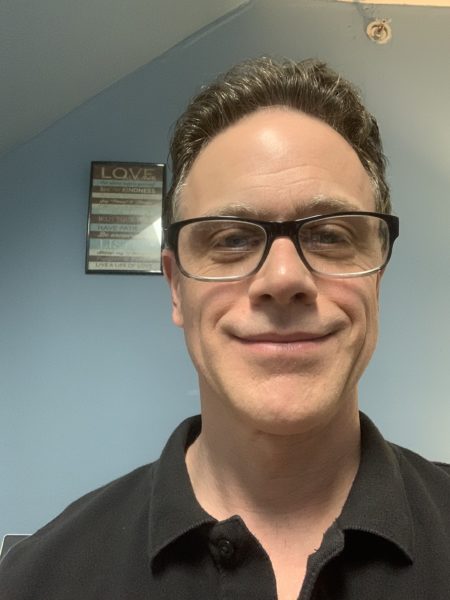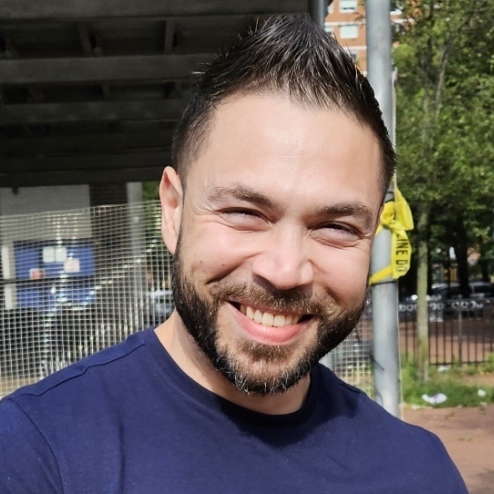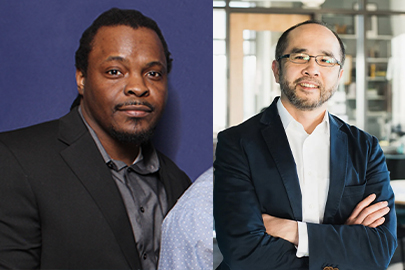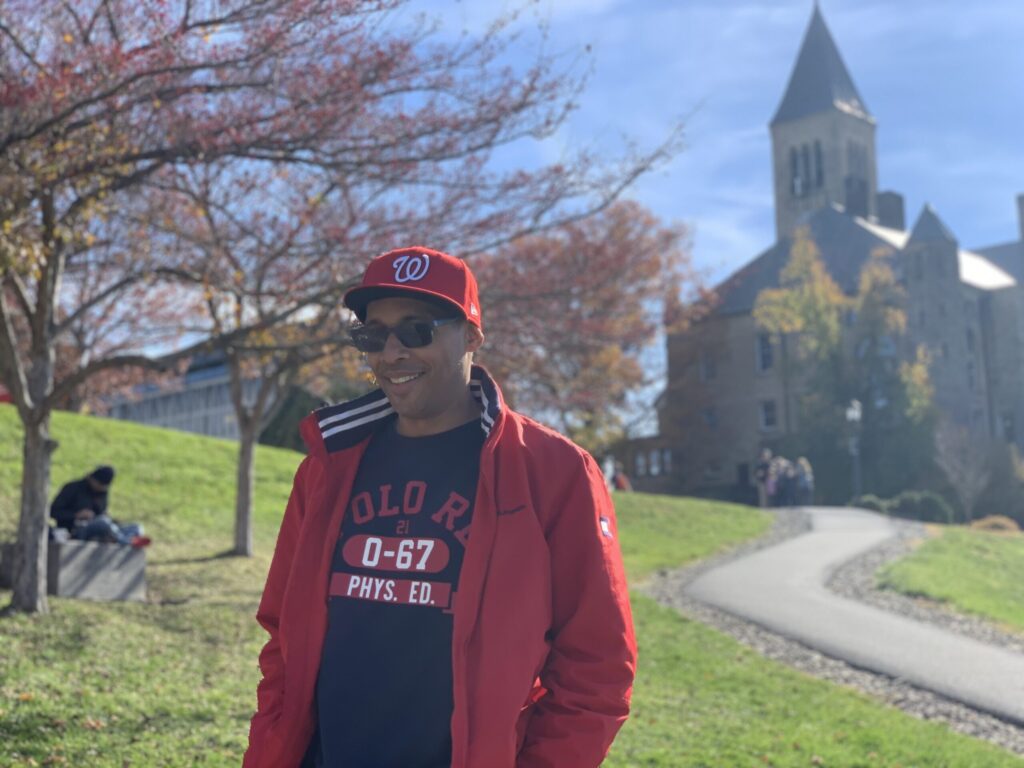This reflection by Christopher Lolisco ‘15 is part of the Community Voices op-ed series for the BPI Public Health Journal. Throughout the COVID-19 crisis, BPI alumni, staff, and faculty and Bard Microcollege students will be posting reflections about their work, studies, and response to the virus here on the BPI Blog.
We are all participating in a historical event in its truest form whether we’ve chosen to or not: the Covid-19 pandemic. Covid-19 was not part of our lexicon until SARS-COV-2 ran uncontrollably earlier this year. In a pandemic characterized by uncertainty, one thing people know for sure is that life as we once knew it shall never again be the same.
I am currently a Case Manager at a men’s homeless shelter. Many of the men I care for and counsel have suffered through traumatic events. Events that have altered their life. Deriving from these life-changing events, some combat substance abuse and mental health issues, and others are victims of centuries of structural racism that impoverished the health of their communities. And now we sprinkle on a pandemic to this trauma that is still maddeningly unclear.
But beyond its immense scope and sui generis nature, the pandemic continues to be confusing—a slew of societal, epidemiological and epistemological forces that offset at a natural balance of life. At work I have listened to men ask: why do some people get really sick, but others do not? Exactly how transmissible and deadly is this virus? How long will these social distance restrictions last? And with a crumbling economy, can the county afford to buy us food to eat and will they close the shelter?
I have witnessed the virus create a psychological strain in the housing unit that becomes palpable; you can cut through the anxiety fog with a knife. And at other moments, men just sleep the day away hoping that when they awaken life will be back to normal. I know this feeling quite well from my years of incarceration. This is a normal reaction. A coping skill to battle the depression caused from uncertainty.
The pandemic caused society to pause. We all sit in an indefinite liminal state.
I have witnessed this liminal state clash with the men’s past cultural norms. That is, past customs of not being socially restricted and wearing protective covering requirements in the shelter and in public gatherings has caused a surge in aggressive and substance use behaviors. Many clients have reported their behaviors come from the feeling of being trapped in uncertainty with no resolutions being offered to regain normalcy. One client told me this weekend, “I feel like I am running on a hamster-wheel.”
It is this powerful statement that clearly sums up how the Covid-19 virus has us all rotating vertically in a monotonous unfulfilling activity. The men ask me when this wheel will stop spinning. I can hear the angst in their voices and see the sadness in their eyes. I know that sound and look from years of staring into a prison mirror that did not reflect back. I have no definitive answers for these men, but offer narratives of those who overcame adversity similar to their plights. I tell the men that for us to stop spinning vertically we all need to band together and follow the guidelines that will protect all of society from this insidious invisible disease. This will stop the spinning wheel.
Christopher Loliscio is a case manager at a men’s homeless shelter. He earned his A.A with BPI in 2015 and his B.A. from Thomas Edison State University in 2018.




